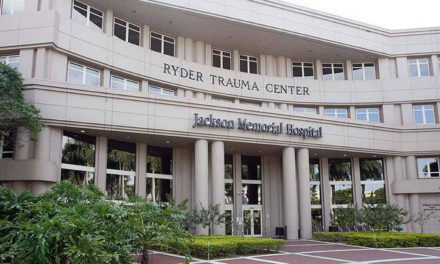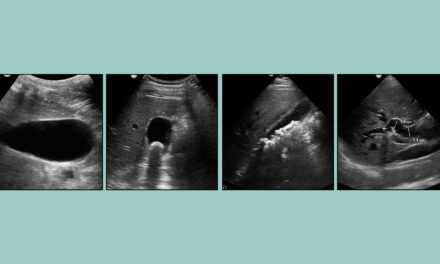Spring 2020: Medical Economics
In terms of scope of practice, FCEP supported FMA’s argument against independent practice of ARNPs/PAs, which was a priority of House Speaker Oliva. The measure (HB 607) passed in both houses and was signed by Governor DeSantis within three hours. More applicable to EM, expanded practice for pharmacists to diagnose and treat strep and flu (HB 389) steamrolled through the house, stalled, and then passed in the Senate, and was also immediately signed into law. In the era of COVID-19, doesn’t it sound like a great idea to allow pharmacists to reassure that “flu-negative” patient?
On the federal level, interest in “fixing” surprise billing remains perilously popular, without much consideration as to how allowing insurers to unilaterally price set would devastate access to care. ACEP and EDPMA continue to advocate vigorously, but we all must pay attention as this could drastically reduce practice revenue (estimates of 30% have been quoted), while effects on compensation would be larger given fixed overhead costs. Please take action when our professional society representatives sound the alarm.
FCEP’s EM Reimbursement and Innovation Summit on February 27-28 again hosted a nationally expert faculty and covered an array of subjects, including federal balance billing legislation, independent dispute resolution, payor challenges, Medicare payment / MIPS / alternative payment models, proposed regulatory and documentation changes, telehealth and more. Forward-looking group leaders would be well served by attending this excellent summit.
And now for some more upbeat payment notes:
1. The efforts of the RUC (RVU Update Committee) allowed a re-evaluation and increase in EM RVUs: overall, a 1% or so increase to 2020 MCR reimbursement for EM. (Unfortunately, a much larger primary care re-evaluation for 2021 may trigger budget neutrality, and EM is posed to be one of the biggest losers as a specialty without the advantage of any office-based codes, to the tune of potentially a 7% reduction unless some reprieve is granted).
2. FCEP’s outreach with AHCA was rewarded when AHCA agreed that Medicaid Managed Advantage (MMA) plans should be paying EM providers Medicare rates for pediatric patient care as of Oct. 1, 2019. This should result in a significant boost to Medicaid revenues for most practices seeing substantial numbers of pediatric MMA patients.
3. Emergency medicine had a favorable dispute resolution ruling via MAXIMUS, which ordered a payor (Humana) to pay an EM providers’ charges in an out-of-network claim dispute. ■
This article is part of the following sections:
Samantha manages fcep.org and publishes all content. Some articles may not be written by her. If you have questions about authorship or find an error, please email her directly.








